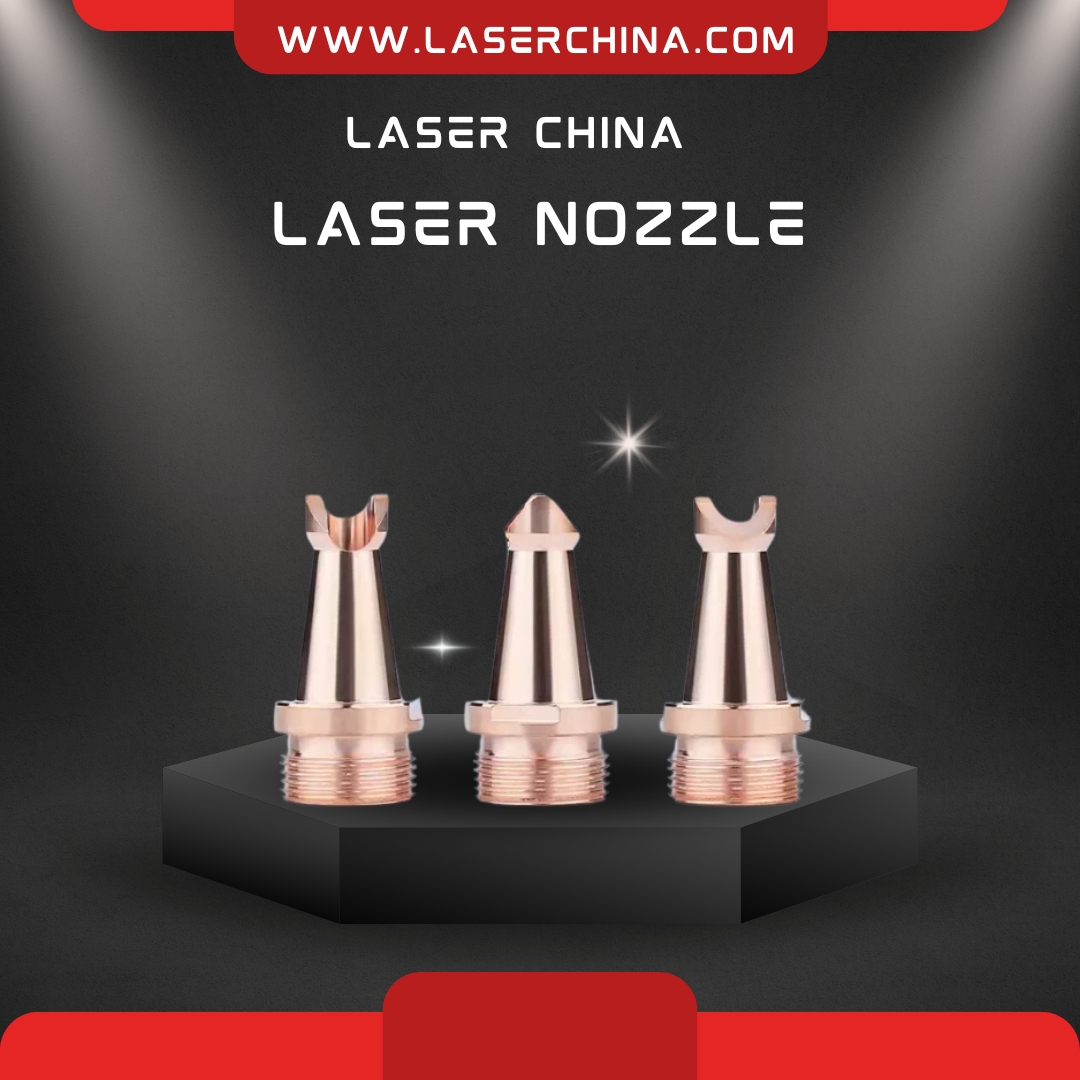Fiber laser welding machines are advanced tools used in various industries such as automotive, aerospace, electronics, medical device manufacturing, and jewelry production. These machines offer superior precision, speed, and efficiency, making them a popular choice for manufacturers who need high-quality welds in metal materials. However, the price of fiber laser welding machines can vary greatly, depending on several factors. Understanding these factors will help you make an informed decision when purchasing one.
Factors Influencing the Price of a Fiber Laser Welding Machine
- Power Output (Wattage): One of the most significant factors that affect the price of a fiber laser welding machine is its power output, which is measured in watts. The power of the laser determines the thickness and type of materials it can weld. For instance:
- Low-Power Machines: Fiber laser welders with 100-200 watts are typically used for smaller jobs, such as welding thin metals or for precision tasks in industries like jewelry making and electronics. These machines tend to be less expensive, with prices typically starting around $10,000.
- Mid-Power Machines: Machines with 300-500 watts are suitable for medium-duty tasks, such as automotive parts and general metal fabrication. They are priced higher, generally ranging between $20,000 and $50,000.
- High-Power Machines: For industrial applications requiring the welding of thicker materials (e.g., heavy machinery, shipbuilding, or aerospace parts), fiber laser welders with power outputs of 1,000 watts or more are necessary. These machines can range in price from $50,000 to over $100,000, depending on the specific requirements and features.
- Laser Source Quality: The quality and brand of the laser source also significantly impact the price. Reputable brands like IPG Photonics and Raycus are known for their reliable and efficient laser sources, which contribute to the machine’s overall durability and performance. Machines equipped with these premium laser sources often come with a higher price tag due to their long service life and lower maintenance requirements.
- Automation Features: Fiber laser welding machines often come with various automation options, such as CNC (computer numerical control) systems, robotic arms, and automated workstations. These features increase the precision and efficiency of the welding process but also add to the overall cost. Automated machines are generally more expensive than manual or semi-automated models. For example, a fully automated fiber laser welding system with robotic integration can cost upwards of $100,000, while a semi-automated model might be available for $30,000 to $50,000.
- Cooling Systems: Since fiber lasers generate a significant amount of heat, cooling systems are crucial for maintaining the machine’s performance and longevity. Machines with integrated advanced cooling systems (such as water-cooling) are more expensive than air-cooled models. While air-cooled systems may be sufficient for low-power applications, water-cooled systems are essential for high-power industrial machines to prevent overheating and maintain continuous operation. This difference in cooling systems can add several thousand dollars to the price.
- Additional Features and Customization: Some fiber laser welding machines come with specialized features like beam-shaping technology, advanced user interfaces, or software for specific applications. Customizable options, such as integrating the machine into an existing production line or adding safety features like enclosures and protective sensors, can also increase the overall price. Machines with such features may cost significantly more but offer improved productivity and safety.
Typical Price Range for Fiber Laser Welding Machines
- Entry-Level Machines: For smaller tasks like jewelry making, electronics, or other precision welding jobs, entry-level fiber laser welding machines typically start around $10,000 to $20,000. These machines are lower in power and may have fewer advanced features, but they are ideal for small businesses or hobbyists.
- Mid-Range Machines: For general metalworking or industrial applications, mid-range fiber laser welders with higher power outputs (300-500 watts) generally cost between $20,000 and $50,000. These machines offer a balance between power, precision, and affordability.
- High-End Machines: High-powered, industrial-grade fiber laser welding machines used in demanding industries such as automotive, aerospace, and heavy machinery manufacturing can cost anywhere from $50,000 to over $100,000. These machines are typically fully automated, have advanced cooling systems, and are capable of continuous operation.
Conclusion
The price of a fiber laser welding machine is influenced by several factors, including power output, laser source quality, automation, cooling systems, and additional features. While entry-level models start at around $10,000, high-end machines can exceed $100,000 depending on the complexity and capabilities required. When selecting a machine, it is essential to consider your specific welding needs, the types of materials you work with, and the level of precision required to ensure you get the best value for your investment.
